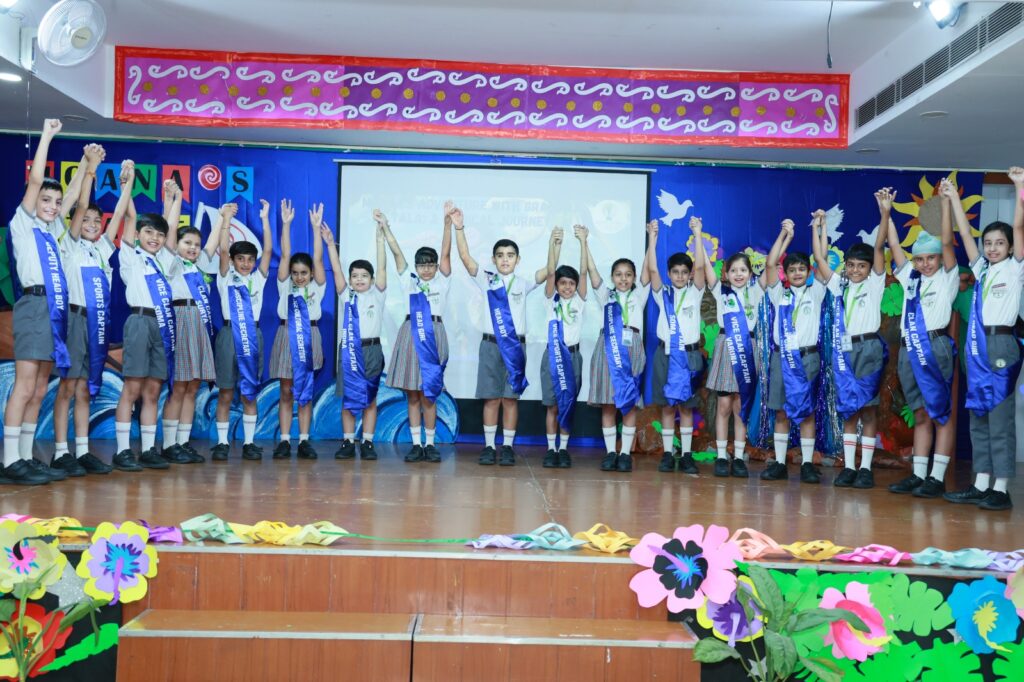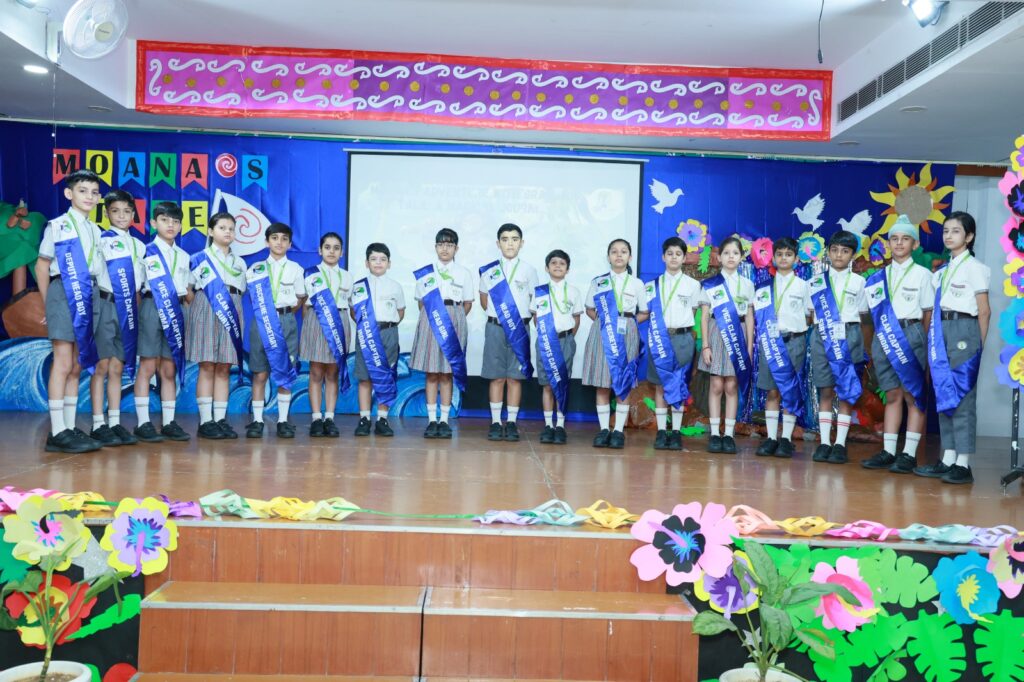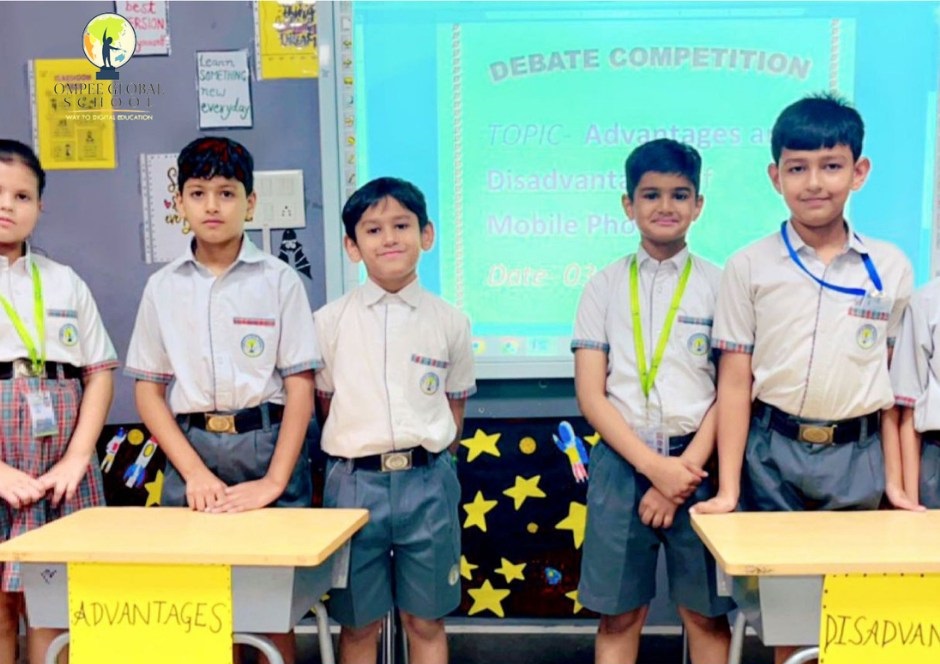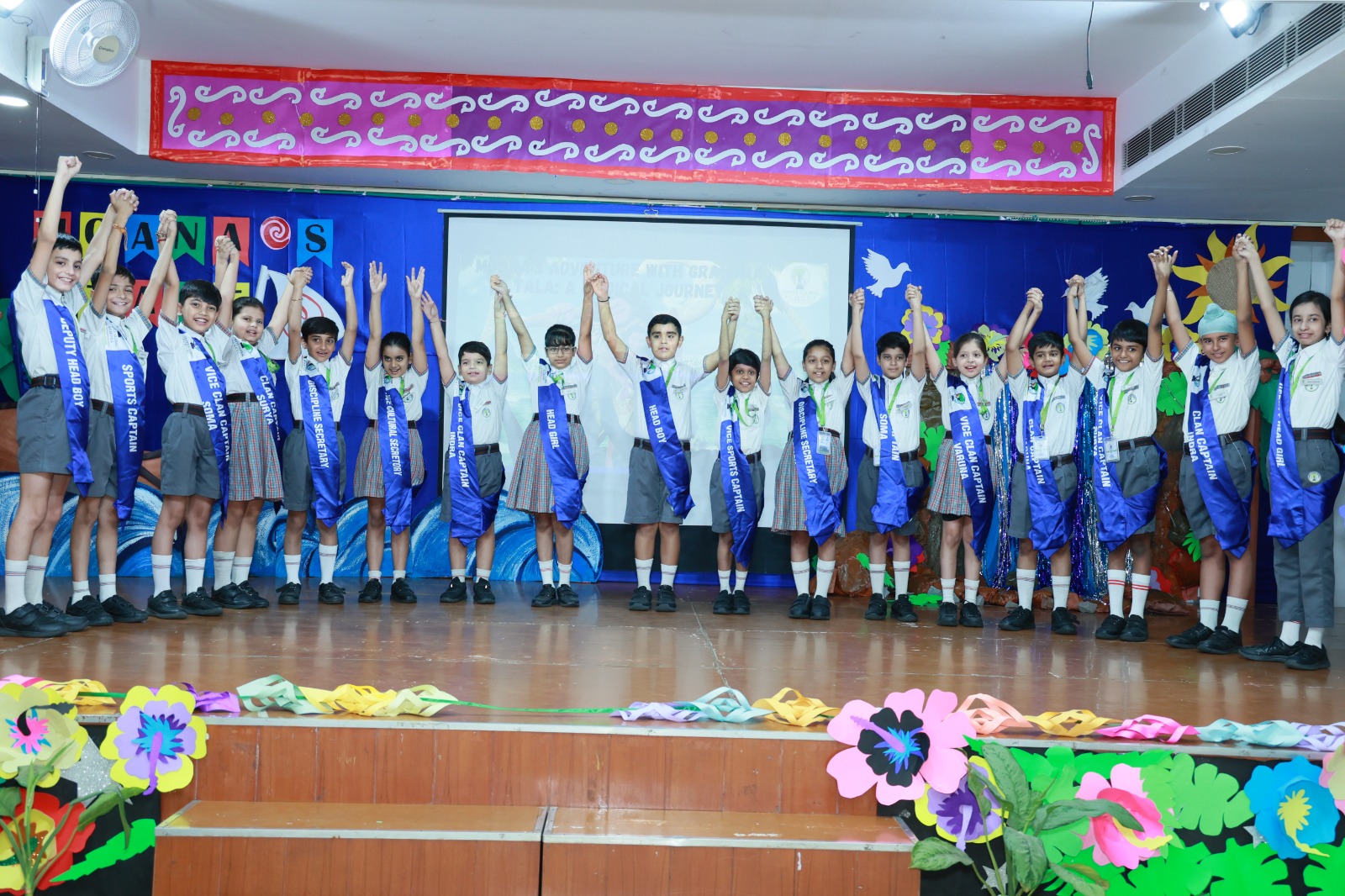In an era defined by interconnectedness and shared challenges, the role of education in nurturing global citizenship has become paramount. As the world evolves into a closely-knit community, education serves as the cornerstone for shaping individuals into conscientious global citizens, fostering understanding, empathy, and a sense of collective responsibility.
Embracing Cultural Diversity:
Education transcends geographical boundaries, introducing students to a tapestry of cultures, traditions, and beliefs. Through multicultural education, students develop a profound appreciation for diversity, breaking down barriers and fostering a spirit of inclusivity and mutual respect. (Top 10 Schools in manesar)
Understanding Global Interconnectedness:
Education acts as a conduit for unveiling the intricate connections that bind nations and communities together.(IB School In New Gurugram) It illuminates the interdependence of economies, ecosystems, and societies, emphasizing the ripple effect of individual actions across the globe.
Encouraging Global Awareness and Engagement:
By integrating global issues into the curriculum, education empowers students to grapple with pressing global challenges.(IB School In IMT Manesar) From climate change to human rights violations, students are not mere bystanders; they are encouraged to become active participants and change agents, understanding their role in shaping a better world.
Developing Critical Skills for Global Citizenship:
Education extends beyond the transmission of knowledge; it cultivates critical skills essential for global citizenship. Students learn to analyze complex issues, communicate effectively across cultures, collaborate with diverse teams, and develop innovative solutions to global problems.(PYP SCHOOL IN MANESAR)
Fostering a Sense of Responsibility:
Educational institutions play a pivotal role in instilling a sense of responsibility towards global issues. They inspire students to take ownership of their actions, emphasizing the ethical implications of their decisions on a global scale.(Cambridge board best school in manesar)
Challenges on the Path to Global Citizenship:
Despite its transformative potential, challenges persist. Inequitable access to education, cultural biases, and the need for comprehensive educational reforms pose hurdles in fostering a universally informed and empathetic global citizenry.
The Role of Educators and Institutions:
Educators are pivotal in shaping the mindset of future global citizens. By adopting culturally responsive teaching methods and promoting global competencies, they equip students with the tools needed to thrive in an interconnected world.
A Call for Collaborative Action:
Nurturing global citizenship requires a collective effort. Governments, educational institutions, communities, and individuals must collaborate to prioritize education that transcends borders and fosters a sense of shared humanity.
Conclusion: Shaping a United World:
In conclusion, education serves as the compass guiding us towards a united, harmonious world. By embracing diversity, fostering empathy, and instilling a sense of global responsibility, education empowers individuals to become catalysts for positive change in an interconnected global community.






